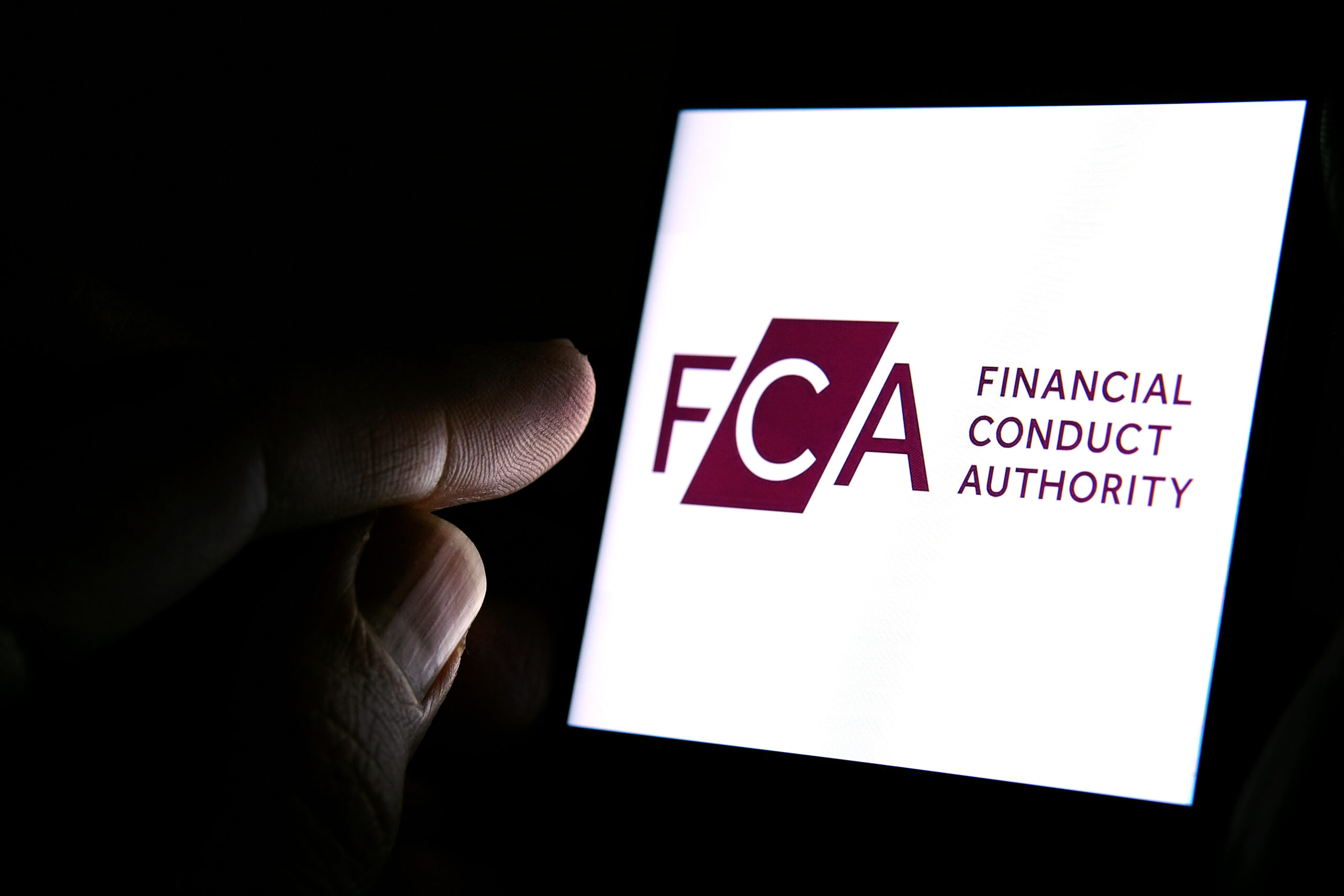Key Insights:
- UK’s FCA leads in stablecoin oversight, promoting reliability and innovation in the crypto market.
- FCA’s “right of redemption” debate highlights consumer reliance on secondary markets for fiat exchanges.
- UK’s proactive regulation seeks to safeguard consumer interests while fostering stablecoin market growth.
The Financial Conduct Authority (FCA) in the United Kingdom has issued a robust directive aimed at standardizing the operation of fiat-backed stablecoins. This measure encompasses all issuers, regardless of location, as unveiled in a detailed discussion paper this Monday. The FCA’s stringent stance signals a significant move to enhance the financial landscape, positioning the UK at the forefront of cryptocurrency oversight.
UK’s Bold Move to Secure the Future of Stablecoins
Consequently, the FCA’s 109-page document offers comprehensive guidance on the approach to stablecoins. It directly impacts leading issuers such as Circle and Tether, which hold an 87% market cap share. Moreover, these stablecoins stand as the most prevalent in UK exchanges, as per the FCA findings. Hence, the FCA aims to harness the inherent benefits of stablecoins, like expediting and economizing transactions between consumers and merchants.
However, the recent paper does not shy away from addressing the sector’s frailties, referencing the collapses of Celsius and FTX as cautionary tales. Additionally, it spotlighted the vulnerabilities exposed by the temporary de-pegging of USDC following Silicon Valley Bank’s downfall. Therefore, upcoming policies are expected to mitigate such consumer risks.
Significantly, stablecoin issuaries require authorization under the Regulated Activities Order (RAO) to operate within or from the UK. They must also comply with FCA-established regulations and requirements. Custodians of these stablecoins fall under the same regulatory umbrella, ensuring adherence to the custody activities standards set forth within the RAO framework.
Besides this, the UK Treasury unveiled its regulatory proposals for stablecoins and crypto assets just a week ago, introducing the concept of a “payment arranger.” These arrangers will scrutinize overseas stablecoins to ensure compliance with UK-equivalent standards, affecting entities like Tether, as they serve as a gateway to the UK market.
Moreover, Paolo Ardoino of Tether recognizes the dual nature of the proposed UK regulations—as a safeguard and a growth opportunity. Yet, the FCA’s insistence on a “right of redemption” could stir debate. It criticizes the redemption restrictions that leave retail consumers reliant on secondary markets for fiat exchanges.
Balancing Consumer Interests and Innovation in the Stablecoin Market
The FCA champions a swift redemption process, advocating for a next-business-day service as the new norm. While the UK intends to refrain from barring overseas stablecoins for payment purposes, recognizing the potential consumer choice benefits, adoption remains limited. Few merchants accept stablecoin payments, and consumer usage for routine transactions is scarce.
This proactive regulatory pivot by the UK reflects an acute awareness of the evolving digital financial ecosystem. It underscores the necessity for balanced oversight that safeguards consumer interests while fostering innovation and choice. As the FCA’s guidelines shape, the stablecoin market braces for a transformation geared toward more excellent reliability and systemic stability.
Editorial credit: Ascannio / Shutterstock.com
